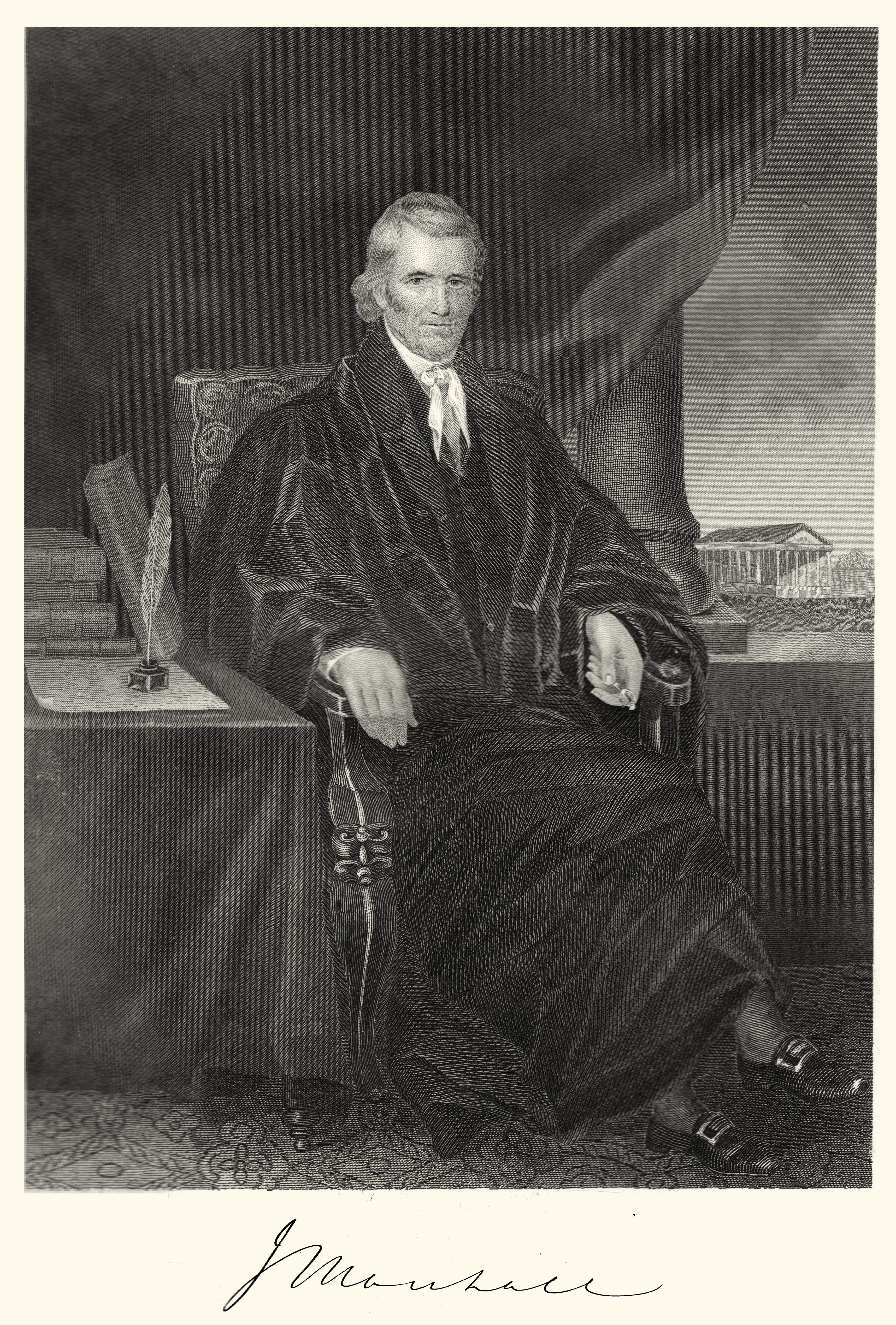|
Churches Beyond Borders
Churches Beyond Borders is an ecumenical grouping of Anglicans and Lutherans in North America. It includes The Episcopal Church (domestic dioceses and provinces), the Anglican Church of Canada, the Evangelical Lutheran Church in America (outside of the Bahamas), and the Evangelical Lutheran Church in Canada. Through the heads of communion in each member church, the group issues regular statements on the Doctrine of Discovery, climate change, racial reconciliation, gender justice, and other matters. It builds on the Canadian 2001 Waterloo Declaration and the 1999-2000 American document Called to Common Mission as an expression of full communion among Anglicans and Lutherans in North America. See also * Anglican Communion and ecumenism * Porvoo Communion The Porvoo Communion is a Communion (Christian), communion of 15 predominantly northern European Anglican and Lutheran, Evangelical Lutheran churches, with a couple of far-southwestern European (in the Iberian Peninsula) church bod ... [...More Info...] [...Related Items...] OR: [Wikipedia] [Google] [Baidu] |
Episcopal Church (United States)
The Episcopal Church, based in the United States with additional dioceses elsewhere, is a member church of the worldwide Anglican Communion. It is a mainline Protestant denomination and is divided into nine provinces. The presiding bishop of the Episcopal Church is Michael Bruce Curry, the first African-American bishop to serve in that position. As of 2022, the Episcopal Church had 1,678,157 members, of whom the majority were in the United States. it was the nation's 14th largest denomination. Note: The number of members given here is the total number of baptized members in 2012 (cf. Baptized Members by Province and Diocese 2002–2013). Pew Research estimated that 1.2 percent of the adult population in the United States, or 3 million people, self-identify as mainline Episcopalians. The church has recorded a regular decline in membership and Sunday attendance since the 1960s, particularly in the Northeast and Upper Midwest. The church was organized after the Ameri ... [...More Info...] [...Related Items...] OR: [Wikipedia] [Google] [Baidu] |
Anglican Church Of Canada
The Anglican Church of Canada (ACC or ACoC) is the province of the Anglican Communion in Canada. The official French-language name is ''l'Église anglicane du Canada''. In 2017, the Anglican Church counted 359,030 members on parish rolls in 2,206 congregations, organized into 1,571 parishes. The 2011 Canadian Census counted 1,631,845 self-identified Anglicans (5 percent of the total Canadian population), making the Anglican Church the third-largest Canadian church after the Catholic Church and the United Church of Canada.2011 is the most recent census to collect information on religion in Canada. Statistics Canada:"Please note that information about religion is only collected once every 10 years." The 2021 Canadian Census counted more than 1 million self-identified Anglicans (3.1% of the total Canadian population), remaining the third-largest Canadian church. Like other Anglican churches, the Anglican Church of Canada's liturgy utilizes a native version of the ''Book of Common ... [...More Info...] [...Related Items...] OR: [Wikipedia] [Google] [Baidu] |
Evangelical Lutheran Church In America
The Evangelical Lutheran Church in America (ELCA) is a mainline Protestant Lutheran church headquartered in Chicago, Illinois. The ELCA was officially formed on January 1, 1988, by the merging of three Lutheran church bodies. , it has approximately 3.04 million baptized members in 8,724 congregations. In 2015, Pew Research estimated that 1.4 percent of the U.S. population self-identifies with the ELCA. It is the seventh-largest Christian denomination by reported membership,. In 2012 larger churches in terms of number of members were the Catholic Church, Southern Baptist Convention, United Methodist Church, the Church of Jesus Christ of Latter-day Saints, Church of God in Christ, and the National Baptist Convention, USA. and the largest Lutheran denomination in the United States. The next two largest Lutheran denominations are the Lutheran Church–Missouri Synod (LCMS) (with over 1.8 million baptized members) and the Wisconsin Evangelical Lutheran Synod (WELS) (with approxim ... [...More Info...] [...Related Items...] OR: [Wikipedia] [Google] [Baidu] |
Evangelical Lutheran Church In Canada
The Evangelical Lutheran Church in Canada (ELCIC; french: Église évangélique luthérienne au Canada) is Canada's largest Lutheran denomination, with 95,000 baptized members in 519 congregations, with the second largest, the Lutheran Church–Canada, having 53,165 baptized members. Together with the LCC and the Canadian Association of Lutheran Congregations, it is one of only three all-Canadian Lutheran denominations. It is a member of the Lutheran World Federation, the Canadian Council of Churches, the World Council of Churches, and the Anglican-Lutheran North American grouping Churches Beyond Borders. According to the 2011 Canadian census, a larger number of 478,185 adherents identify as Lutheran. History The Evangelical Lutheran Church in Canada came into being in 1986 through the merger of two predecessor bodies the Evangelical Lutheran Church of Canada (started in 1966 by Canadian congregations of the American Lutheran Church) and three synods of the Lutheran Church in ... [...More Info...] [...Related Items...] OR: [Wikipedia] [Google] [Baidu] |
Doctrine Of Discovery The discovery doctrine, or doctrine of discovery, is a disputed interpretation of international law during the Age of Discovery, introduced into United States municipal law by the US Supreme Court Justice John Marshall in '' Johnson v. M'Intosh'' (1823)''.'' In Marshall's formulation of the doctrine, discovery of territory previously unknown to Europeans gave the discovering nation title to that territory against all other European nations, and this title could be perfected by possession. A number of legal scholars have criticized Marshall's interpretation of the relevant international law. In recent decades, advocates for Indigenous rights have campaigned against the doctrine. Discovery in international law The means by which a state can acquire territory in international law are conquest, cession by agreement, occupation of land which belongs to no state (''terra nullius''), and prescription through the continuous exercise of sovereignty. Discovery of a territory creates a ... [...More Info...] [...Related Items...] OR: [Wikipedia] [Google] |

